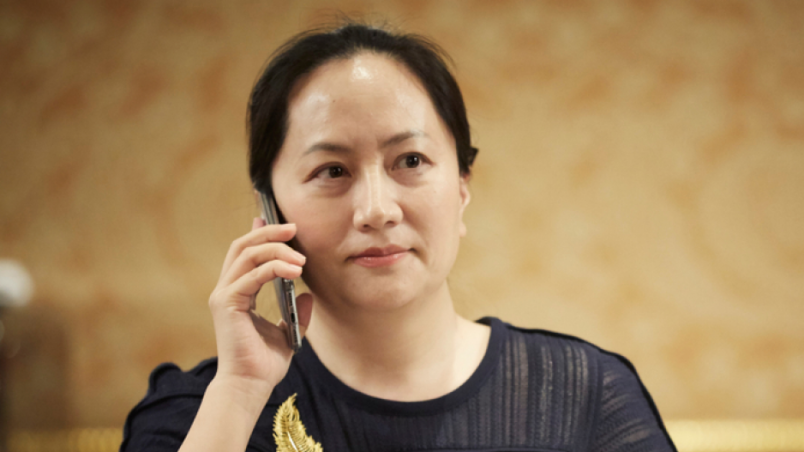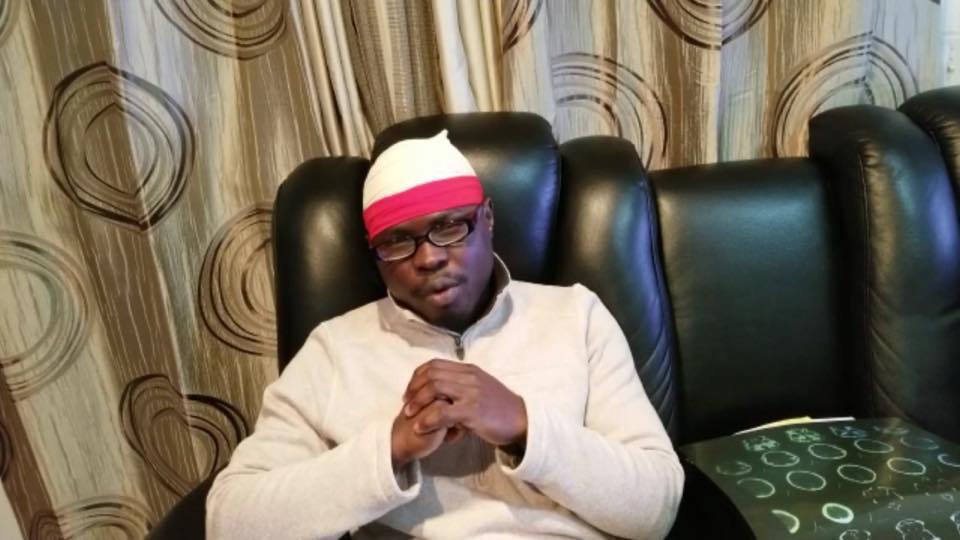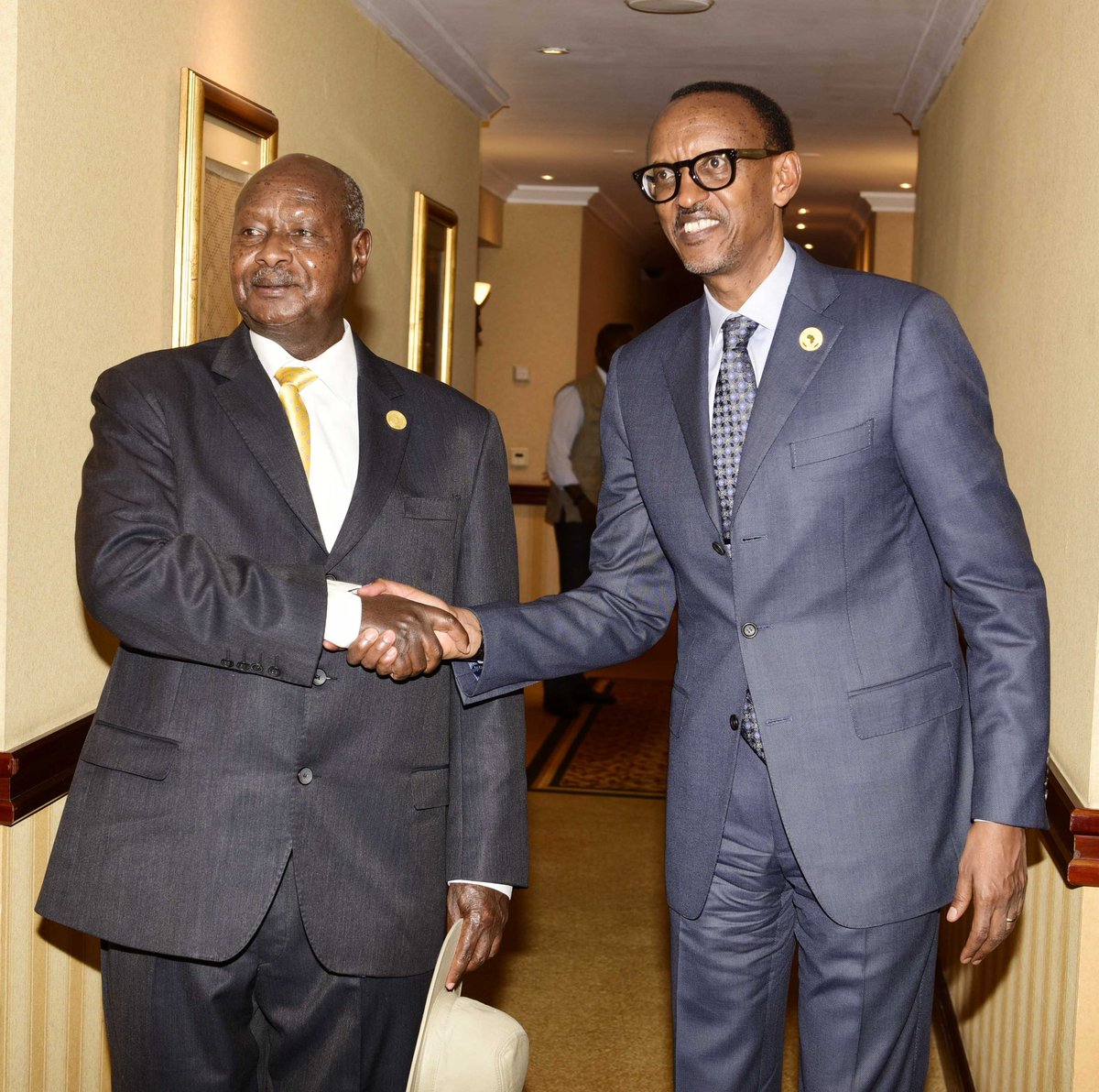By The Globe and Mail (Ontario Edition)
When Washington needed Canada’s help to apprehend a top Huawei executive, officials in the White House, Congress and diplomatic corps were informed of what would happen hours before politicians in Ottawa. Sources from the U.S., Canadian and Chinese governments explain how the plan unfolded
Meng Wanzhou (pictured) was unaware the eyes of U.S. law enforcement were watching her at the airport in Hong Kong as she boarded a Cathay Pacific Airlines flight to Vancouver last December.
A description of her clothing – white T-shirt, dark pants and white shoes – and that of colleague Ji Hui, her travelling companion, was sent to the FBI and the U.S. Department of Justice, and to the RCMP and Canadian Border Security (CBSA) agents in Canada.
After Flight 838 touched down at 11:13 a.m. on Dec. 1, Ms. Meng – chief financial officer of the Chinese telecom giant Huawei Technologies Co. Ltd. – was met by border-services agents and formally arrested hours later by the RCMP. The United States has requested her extradition on fraud charges related to violations of U.S. sanctions against Iran.
The detention of Ms. Meng, whose father, Ren Zhengfei, founded the Shenzhen-based multinational, generated headlines worldwide and threw Canada-China relations into a deep freeze. It has also trapped Canada in a power struggle between China and the U.S., which views Huawei as a national-security risk and a pawn of the ruling Communist party.
Shortly after Ms. Meng’s arrest, Prime Minister Justin Trudeau told Canadians: “We were advised by [the United States] with a few days’ notice that this was in the works.”
But The Globe and Mail has learned that as officials at the top levels of the U.S. government orchestrated the arrest, they did not inform Mr. Trudeau or U.S. President Donald Trump.
U.S. officials knew on Nov. 29 that Ms. Meng would be on the Cathay Pacific Flight, but waited until Nov. 30 to ask Canada to arrest her when she arrived in Vancouver on Dec. 1. She was intercepted before she could board a connecting flight to Mexico later that day.
“The Chinese thought it very much was a Canadian-U.S. political conspiracy,” said David MacNaughton, Canada’s former ambassador to Washington. “That is what I have heard from them. They thought at the highest levels that the political people in
Canada and the United States got together to figure out how we were going to do this. Well, it wasn’t that at all.”
He said there was no discussion between Canadian and U.S. officials before the extradition request was made.
One year later, The Globe and Mail has pieced together an indepth account of those events in late 2018. The Globe spoke to senior Canadian and U.S. officials, as well as sources at Huawei and the Chinese government for this story, and is keeping their identities confidential so they could discuss Ms. Meng’s arrest and the severe diplomatic fallout that followed.
One of Mr. Trudeau’s closest advisers said the view inside the Canadian government is that John Bolton, the former White House national-security adviser, was the driving force behind Ms. Meng’s arrest. The Globe has been unable to confirm with Mr. Bolton that this was the case.
Mr. Bolton, who has said he knew in advance about the arrest, is known as a foreign-policy hawk when it comes to China and Iran. He left the White House in September after a dispute with Mr. Trump over Ukraine and Middle East policy.
The Trudeau adviser said Mr. Bolton and other like-minded officials in the U.S. government were well aware of the significance of the arrest they were asking Canada to make. The adviser and a senior national-security official say they are convinced the U.S. picked Canada to arrest Ms. Meng – and did so in a last-minute rush – because they believed the Justice Department and the RCMP would honour the extradition request.
Mr. MacNaughton said there is no doubt the Trump administration had several agendas in going after China and its global telecom champion, Huawei. The U.S. wants its allies to ban the company’s equipment from their nextgeneration 5G mobile technology.
But the request for the arrest “came on us suddenly, and we followed the process, and there was little political involvement at the last minute – almost after the fact,” Mr. MacNaughton said. “I don’t know what would have happened if we had more notice, but the reality is we didn’t.”
On Nov. 30 and Dec. 1, leaders of the G20 nations met in Buenos Aires for two days of talks. The meetings came at a difficult time in international relations. After months of often-contentious negotiations, Canada, Mexico and the United States were close to finalizing a new trade deal. Meanwhile, the U.S. and China were exchanging blows in an escalating trade war.
Mr. Trudeau was in the final meeting of the summit – a gathering that also included Mr. Trump and Chinese President Xi Jinping – when an official slipped a note to his principal secretary, Gerald Butts. It said Ms. Meng was about to be arrested. Sources say the Prime Minister was caught off guard by the news. He did not raise the matter directly with China’s leader or any other Chinese official that day.
Mr. Bolton was at the G20 summit with the U.S. contingent. He told U.S. reporters on Dec. 6 that he did not inform Mr. Trump about the arrest of the Huawei executive, even though the President was heading into a 21⁄2-hour private dinner with Mr. Xi at the conclusion of the meetings. At that dinner, the two leaders agreed to a 90-day truce in the U.S.-China trade war.
The circle of elected officials and political appointees with advance knowledge of the arrest in the U.S. was much greater than in Canada. Top U.S. decision-makers also knew in advance.
Among those briefed on the matter, U.S. officials say, were acting attorney-general Matt Whitaker and legislators on the U.S. Senate select intelligence committee, Republican chair Richard Burr and ranking Democrat Mark Warner.
Then-U.S. ambassador to Canada Kelly Craft (now her country’s envoy to the United Nations), was also brought into the loop. On Nov. 30, in a secure room at the U.S. consulate in Toronto, senior U.S. Justice department officials briefed her extensively, sources say.
The U.S. Justice Department would not say exactly when it informed the White House about the extradition request to Canada. “The U.S. Department of Justice does not comment on extradition-related matters until a defendant is in the United States,” senior communications adviser Nicole Navas Oxman said in an e-mail.
Chinese sources say Mr. Xi found out about the arrest after the postsummit dinner with Mr. Trump on Dec. 1. Huawei’s chief legal officer and a member of the company’s board of directors, Song Liuping, alerted Beijing not long after Ms. Meng was taken into custody, Huawei sources say. Ms. Meng had called him from Vancouver about four hours after she was detained.
Chinese and Huawei sources say Mr. Xi was infuriated that he learned about the arrest from his own officials and not from the Canadians.
A Canadian foreign-affairs official told The Globe on background that the federal government reached out to Chinese diplomats in Canada as soon as Ms. Meng was arrested. This occurred in both Ottawa and Vancouver. Within a few hours, Chinese diplomats had consular access to Ms. Meng.
Both the Chinese embassy in Ottawa and the consulate in Vancouver say they learned about the arrest from Beijing, not from the Canadian government.
“In accordance with the consular agreement between China and Canada, the Canadian side should inform the Chinese diplomatic missions in Canada immediately of its unreasonable detention of Ms. Meng Wanzhou,” the embassy said in a statement. “But the Canadian government failed to do that, the Chinese side first learned about the situation from other channels. We lodged stern representations with the Canadian side as soon as we learned about the relevant information.”
The Chinese consulate in Vancouver said in a statement that “it had not been informed by Canadian foreign affairs officials about the arrest of Ms. Meng Wanzhou” as would be expected under diplomatic protocol, especially if the individual is a highprofile Chinese corporate executive.
A source said Jody WilsonRaybould, justice minister and attorney-general at the time, was aware of the U.S. arrest request on Nov. 30, and her office passed the information on to the Privy Council Office, the source said. The PCO reports to the prime minister. Mr. Trudeau’s office said he heard about the impending arrest Dec. 1.
At the time, relations were poor between Ms. Wilson-Raybould and PMO officials, who were pressing her to order a deferred prosecution agreement for Montreal-based SNC-Lavalin Group Inc. on corruption charges. Ms. Wilson-Raybould was moved to Veterans Affairs in January, 2019. She eventually resigned from cabinet and was removed from the Liberal Party. Ms. Wilson-Raybould would not comment for this story.
Several top-level civil servants also knew of the impending arrest. Deputy minister of Justice Nathalie Drouin and a senior lawyer at Justice’s International Assistance Group, Cathy Chalifour, the RCMP and Canada Border Services had known since Nov. 30. In addition to the Privy Council, Global Affairs officials were also briefed. The Justice Department approved the extradition warrant, and the RCMP and CBSA, the FBI and the U.S. Justice Department laid out a plan for the arrest, according to court documents filed in the Meng extradition case.
The short notice denied the Canadian government a chance to assess the potential fallout, officials say.
Former Liberal justice minister Irwin Cotler said the usual practice is not to inform the prime minister of extradition cases, but a senior government official said Mr. Trudeau and senior aides should have been told to help prepare for the political fallout.
“From our end, it seemed to be treated as a normal request from a similar country you have a treaty with,” said Mr. MacNaughton, the former ambassador. “The whole thing happened and the Prime Minister was given no real warning and any real advice on what the potential consequences were.”
The Chinese thought it very much was a Canadian-U.S. political conspiracy. That is what I have heard from them. They thought at the highest levels that the political people in Canada and the United States got together to figure out how we were going to do this. Well, it wasn’t that at all.
DAVID MACNAUGHTON
FORMER CANADIAN AMBASSADOR TO THE UNITED STATES
I do not believe the government of Canada did this with blinders on. I believe the government of Canada recognized that this would be very difficult and likely would involve enormous pressure put on the government of Canada, and the country of Canada as whole, and decided that upholding the principles underlying extradition treaties was worth the cost.
JOHN E. SMITH
FORMER DIRECTOR OF THE U.S. TREASURY’S OFFICE OF FOREIGN ASSETS CONTROL
John E. Smith, who until May, 2018, was a director of the U.S. Treasury’s Office of Foreign Assets Control, which is responsible for administering and enforcing sanctions, said Canadian officials must have been aware of how Ms. Meng’s arrest would affect relations with China.
“I do not believe the government of Canada did this with blinders on,” he said. “I believe the government of Canada recognized that this would be very difficult and likely would involve enormous pressure put on the government of Canada, and the country of Canada as whole, and decided that upholding the principles underlying extradition treaties was worth the cost. Because, at the end of the day, do you allow yourself to be bullied as a country into not upholding your international commitments?”
One month before Ms. Meng’s arrest, the U.S. government began publicly laying the groundwork and building a narrative for going after the Huawei executive.
At a press conference in Washington on Nov. 1, then-U.S. attorney-general Jeff Sessions unveiled what the Trump administration called the “China Initiative.” Mr. Sessions said the U.S. Justice Department was going to step up law-enforcement actions against Chinese companies that break the law while competing with U.S. companies. Among those standing beside Mr. Sessions was Richard Donoghue, the U.S. Attorney for the Eastern District of New York, whose office is spearheading the Meng/Huawei case.
“It is time for China to join the community of lawful nations,” Mr. Sessions said. “We will continue to charge wrongdoers based on carefully conducted investigations done with integrity, done with professionalism, not politics.”
Then, he added a warning:
“And we will seek extradition of criminals.”
The China Initiative is a firstever effort to use the United States’ Foreign Corrupt Practices Act enforcement to achieve political goals, and “a sharp departure from the Department of Justice’s historically apolitical approach,” lawyers from the firm Paul, Weiss, Rifkind, Wharton & Garrison LLP wrote in a legal paper last March.
Retired U.S. Air Force general Robert Spalding, who previously worked on China issues at the White House National Security Council, said Ms. Meng’s arrest was in keeping with changes the Trump administration had made to ensure the “shackles are taken off the Department of Justice and the FBI” to properly enforce the law against Chinese companies or individuals.
For years, successive administrations did not enforce U.S. economic theft and corruption laws when it “came to Chinese companies or Chinese individuals, particularly if they were of the Meng Wanzhou stature,” Mr. Spalding said in an interview. “What has changed in America, particularly since 2018, is we began to allow the Department of Justice and FBI to actually bring cases, so for the first time, these departments are allowed to do their jobs.”
There’s no indication that Ms. Meng knew of the arrest warrant, but she had not travelled to the United States since March, 2017, according to U.S. information included in an RCMP affidavit connected to the extradition request. That was more than a year before an arrest warrant was issued for her in New York on Aug. 22, 2018. The RCMP told the court that U.S. officials believe that by April, 2017, Huawei was aware a criminal investigation was under way in the United States.
One thing the U.S. government has never explained is the timing of its bid to arrest Ms. Meng.
In the three months after the warrant was issued, and before her fateful stopover in Vancouver on Dec. 1, Ms. Meng visited six countries that have extradition treaties with the U.S., including Britain, Ireland, Japan, France, Poland and Belgium. She had also travelled through Canada on Oct. 8, 2018.
Court records filed in the extradition case show the Americans told the Canadians, including the RCMP and Justice officials, it was urgent that the Huawei executive be arrested during her Vancouver stopover, but didn’t explain why they passed up chances to take her into custody earlier that year.
The U.S. issued a provisional arrest warrant, which means the person should be taken into custody without delay. “Unless Meng is provisionally arrested in Canada on Saturday, Dec. 1 … it will be extremely difficult, if not impossible, to secure her presence in the United States for prosecution,” the U.S. request said, noting Washington has no extradition treaty with Beijing.
After her planned transit through Vancouver, Ms. Meng’s next stops were to include Mexico City, Costa Rica and Argentina. All three countries also have extradition agreements with the U.S.
Extradition experts say it’s rare for Washington to pursue criminal charges for sanctions violations against an individual rather than a corporation. Eric Lewis, a U.S. lawyer who specializes in international fraud and corruption cases, said that “in a case like this one, where Ms. Meng is in all likelihood executing corporate policy, one would expect individuals not to be charged and the corporation would be fined.”
In June, 2018, for example, Swedish telecom equipment maker Ericsson, a rival of Huawei, reached a settlement with the U.S. government for a breach of sanctions against Sudan, agreeing to pay more than US$145,000. In September, 2019, the company also announced it would take a US$1.2-billion hit to its third-quarter results to cover monetary sanctions in a longrunning U.S. investigation into corruption allegations concerning activities in six countries, including China.
Mr. Smith, the former Treasury official, agreed it is rare for the United States to target an individual, but he said it was warranted in the Meng case. “It was a willful lying to the banking executives and to government officials that were involved,” he said. “That is what [makes this] different than most of the other cases.”
As for why the U.S. picked Canada rather than one of the other nine countries on Ms. Meng’s travel schedule since the arrest warrant was issued, Mr. Lewis said Washington might have considered Ottawa the most likely to act.
“I can only speculate that the U.S. thought [Canada] would be the most straightforward and reliable partner,” he said. “South American legal systems are more formalistic and the process of extradition can be protracted. … European Union countries may be less willing to co-operate on prosecutions that have a more political or strategic character.”
A senior Mexican official told The Globe that, in spite of Mexico’s extradition treaty with the United States, his country would not have honoured a request to arrest Ms. Meng.
Canadians have paid dearly for the arrest of Ms. Meng.
Shortly after she was detained, Beijing arrested two Canadians, former diplomat Michael Kovrig and entrepreneur Michael Spavor, both of whom were living in China at the time. The move was widely viewed as retaliation. China accused the men of espionage, and they remain incarcerated while Ms. Meng is free on $10million bail. She is living in one of her two Vancouver mansions, her only encumbrance an electronic ankle monitor.
Canadian farmers shouldered the economic brunt of China’s anger. Beijing bought 40 per cent of Canada’s canola-seed exports in 2018, but after Ms. Meng’s detention, purchases dropped off precipitously. Demand for soybeans from China dried up. Even though its pork industry was being devastated by African swine flu, Beijing banned Canadian pork and beef for more than four months this year before relenting in early November.
China expert Scott Kennedy of the Washington-based Center for Strategic and International Studies, said there are three ways to resolve the Meng affair and free the two Canadians: Canadian courts could say the U.S. has not provided proof to warrant an extradition, and set her free; Huawei can negotiate a plea deal with the U.S. Justice Department that leads to a withdrawal of the extradition request; or a deal between Mr. Trump and Mr. Xi could lead to her freedom.
Former Liberal deputy prime minister John Manley has said Canada should have used “creative incompetence” and let Ms. Meng slip through its grasp and continue her trip to Mexico.
“We should have exercised our discretion from the outset and said this is not one that we should be arresting,” he said in an interview this week, adding he believes there is discretion in the extradition act to allow Ottawa to refuse a request.
Mr. Manley said he’s not sure whether Ms. Meng is part of a geopolitical play by the Trump administration. “But it smells that way to me. It smells to me like ‘Let’s get a big fish because that will give us maximum leverage.’”
But Mel Cappe, a former privy council clerk, the senior-most post in Canada’s federal public service, said he believes Canada could not have let Ms. Meng go as Mr. Manley suggests. “I don’t think you can do that. You either believe in the rule of law or you don’t. If you do, you exercise it.”
He said if he had been made aware of the pending Meng arrest, he doesn’t see why he would have been obliged to inform the prime minister ahead of time. “Why do you want to make it the prime minister’s problem?”
As things stand, Mr. Trudeau can say the action was taken by law-enforcement officials, not politicians. “If we get accused of sticking to the law and being reliable,” Mr. Cappe said, “I wear it as a badge of honour.”





